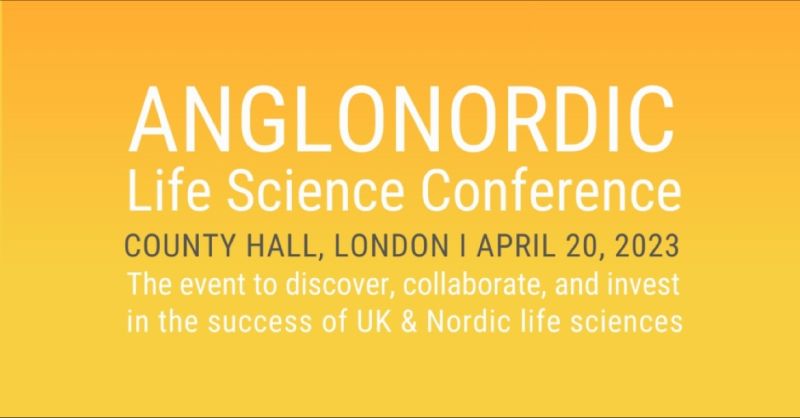
Milestone Achieved: CancerAppy’s First Collaborative Research Paper Unveiled

We are delighted to announce our first collaborative scientific research article. At CancerAppy, our commitment to harnessing the power of AI in cancer drug discovery has led us to join forces with leading researchers in the field. This groundbreaking collaboration marks the beginning of an exciting journey, in which our collective goal is to unravel the mysteries of cancer and develop innovative solutions.
In the pages of our inaugural joint publication, titled “Guanylation Reactions for the Rational Design of Cancer
Therapeutic Agents” shows the potential collaboration that cancerappy offers to researchers by making our innovative AI platform available to them.
This milestone is not just about the document itself; is a testament to the strength of collaboration and the pursuit of knowledge for the common good. We are dedicated to the pursuit of innovative discoveries and this first research work represents a pivotal moment in our journey.
Stay tuned for more updates on this exciting collaboration, as we continue to push the boundaries of what is possible in the world of cancer research. Together, we are moving toward a better future for those affected by this devastating disease.






